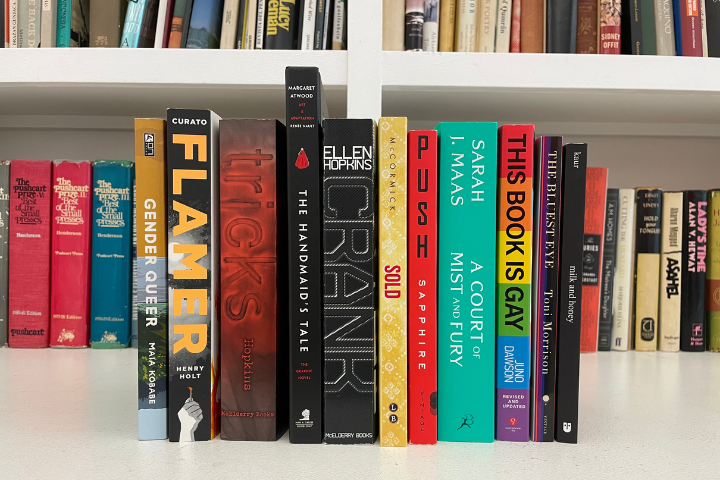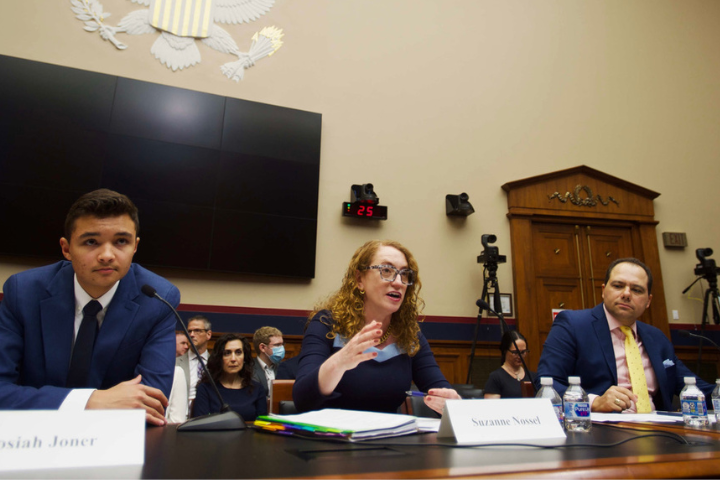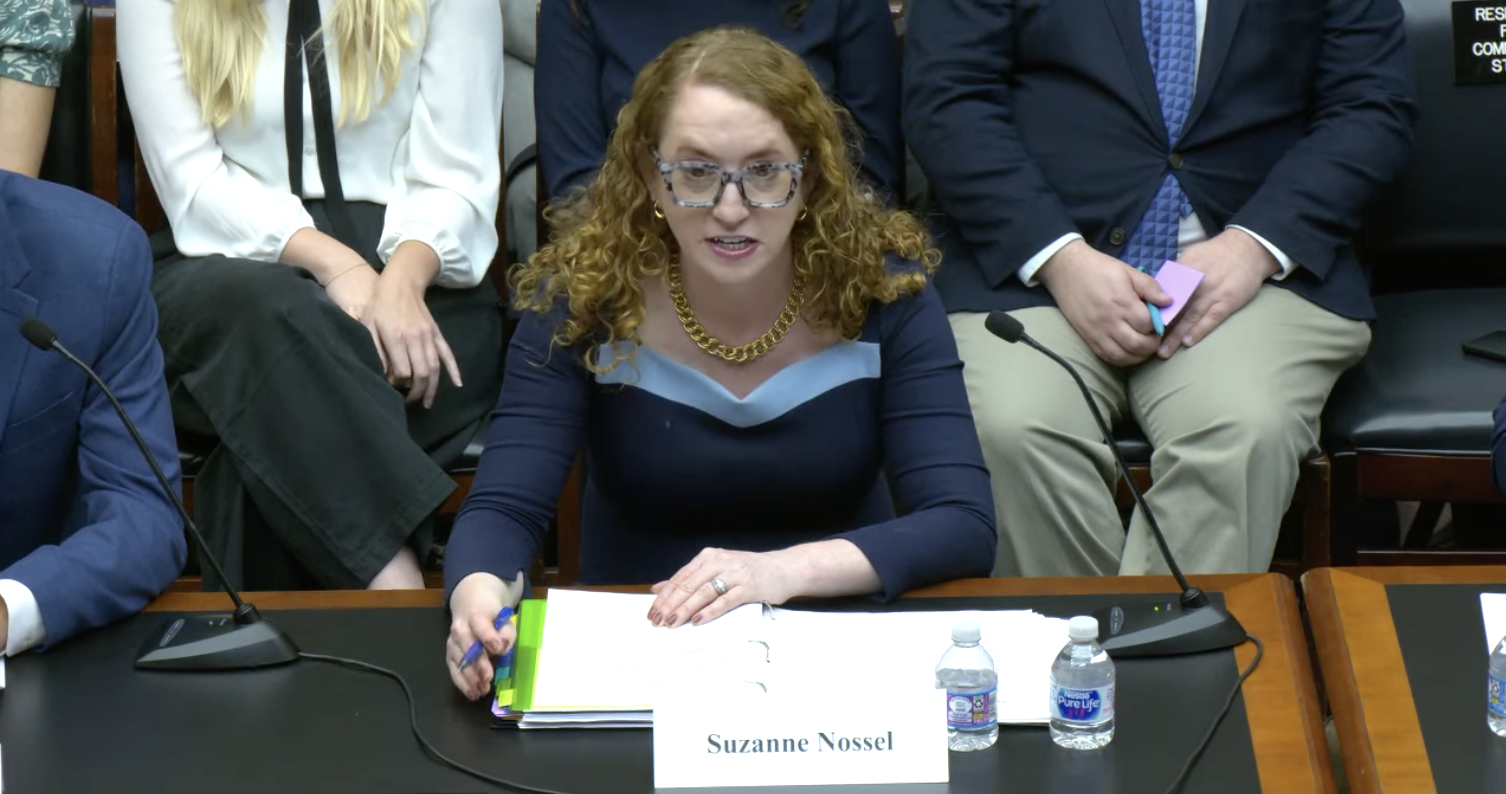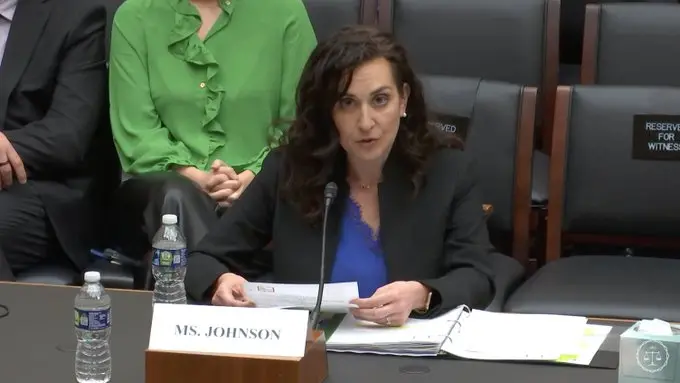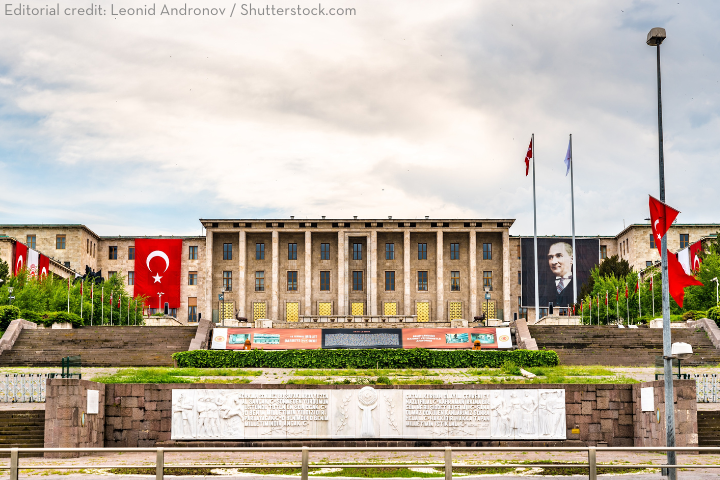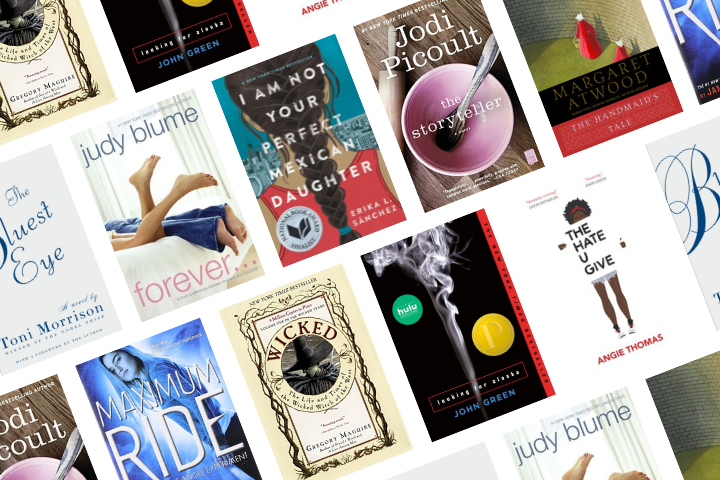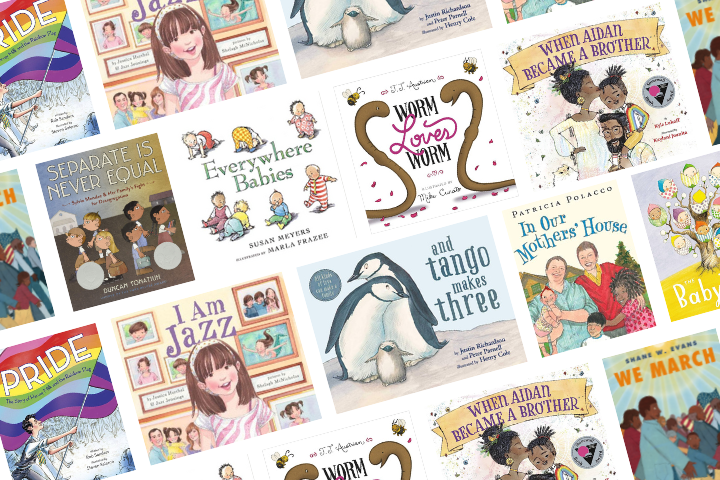A loud minority demanding censorship has put a target on libraries— and library workers— demanding book bans on queer and trans authors and writers of color, the dismantling of LGBTQ displays during Pride Month, and protesting drag story hours. The trend is undermining the freedom to read and has led to incidents of anti-LGBTQ vandalism and threats and intimidation of librarians including physical threats of violence, harassment online, doxxing, even a bomb scare.
The American Library Association was moved to issue a statement in March condemning this disturbing activity in America’s public libraries. The situation creates a hostile work environment for the people who keep the public library system running and also poses a risk to patrons—the readers, researchers, children and others who find sanctuary in the stacks, lifelong reading pleasure ignited by story hours and joy in the love of books.
PEN America has been at the forefront of documenting and defending against the unprecedented rise of book bans in schools and educational gag orders – laws that restrict what can be taught in classrooms and deprive students of prize-winning literary works, flying in the face of basic constitutional freedoms.
Disproportionately affecting books by Black and LGBTQ+ authors and books about race, racism, and LGBTQ identities, the wave of book bans is worse than anything seen since the 1950s McCarthy-era Red Scare. In the same way that shameful period of American history targeted government employees, prominent entertainers, writers, academics, politicians, and labor union activists, this latest censorious war has swept up teachers and librarians. Some have quit under pressure or been fired for sharing “objectionable” materials—even children’s picture books—in classrooms, while others have been publicly accused absurdly of “grooming” children. The situation has led PEN America to offer a tip sheet to librarians facing harassment.
Some local officials have entered the fray, most recently in California where the Huntington Beach City Council ordered lawyers to advise what legal avenues it might take to prevent minors from reading library books councilors view as “obscene.”
As we celebrate the Fourth of July and the founders’ revolutionary stand to defy rule by a king, it’s worth a look back at history to remind us that books held a special place among colonial Americans—prized because they were expensive and rare—and that two founders of the Republic were among the earliest bibliophile Americans.
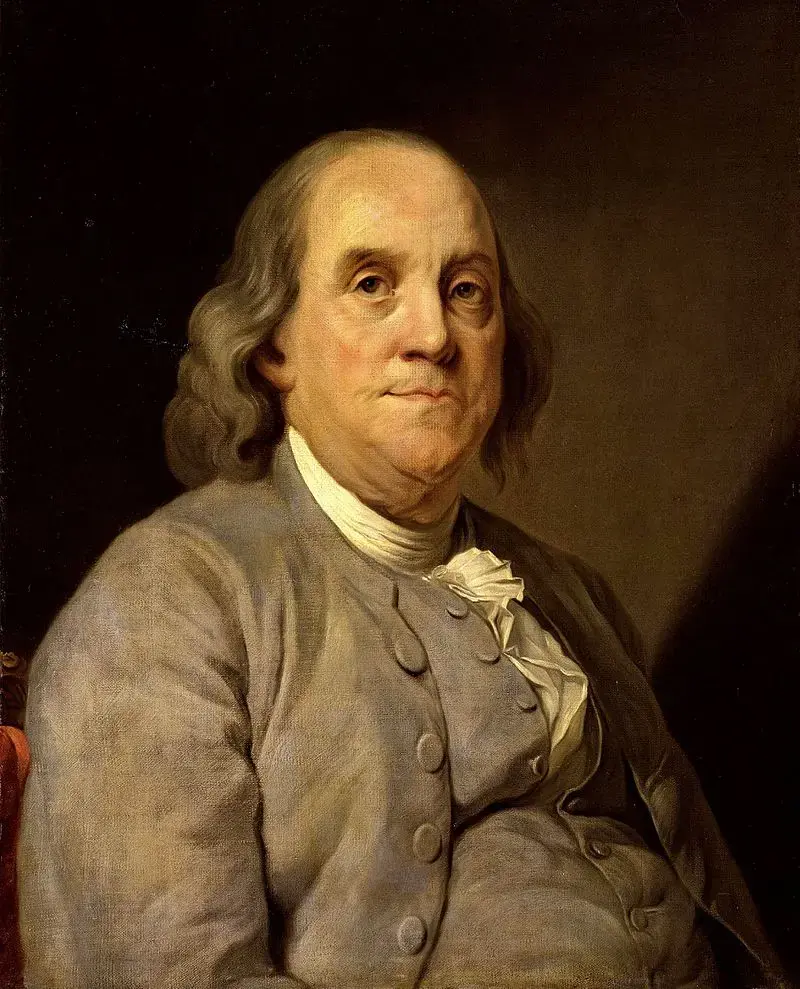
Benjamin Franklin on July 1, 1731, led the way to establish the first colonial library, making him the “founding librarian” decades before he became a founder of the Republic.
Before then, there were no public libraries. Only the very wealthy had access to large numbers of books.
Franklin, who by then had achieved status as a printer, publisher and pamphleteer, gathered 50 fellow members of the Junto philosophical association to chip in 40 shillings each (about two British pounds) to incorporate the first lending library—the Library Company of Philadelphia. (For perspective, a skilled tradesman then earned on average two shillings a day in wages)
Franklin and his circle were hungry for ideas but with few books among them, found it difficult to expand their intellectual horizons.
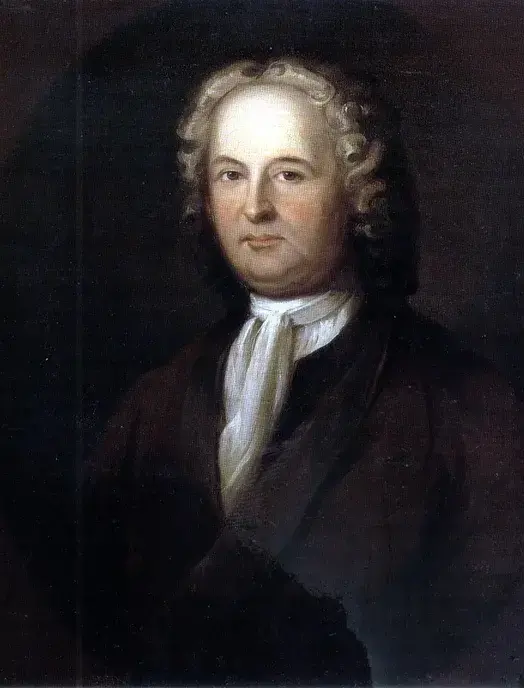
The company engaged James Logan, provincial secretary to William Penn, to assist in picking books for the new collection and sent off to England to fill their first order. Logan (1674-1751) studied the sexuality of plants, mentored Franklin and John Bartram, and served as Philadelphia mayor and chief justice of Pennsylvania.
Many of the library’s first books were on religion or education. But not all. The collection included politics, philosophy and business. The books were kept in the librarian’s lodgings.
The Library Company endures today in Philadelphia as a nonprofit with one of the most significant collections of historically valuable volumes.
Franklin himself was outspoken on censorship. He said: “If all printers were determined not to print anything till they were sure it would offend nobody, there would be very little printed.” His own life story, first published in France under the title Mémoires de la vie privée de Benjamin Franklin (The Private Life of the late Benjamin Franklin) in 1791, quickly became the target of censors from that first printing up to the present day.
And he was not the only bibliophile among the signers of the Declaration of Independence.
Throughout his life, books were vital to Thomas Jefferson. When his family home in Shadwell burned in 1770, he lamented the loss of his books. As minister to France during the American Revolution, he acquired thousands of books for his library at Monticello, making him among the more learned men among his contemporaries.
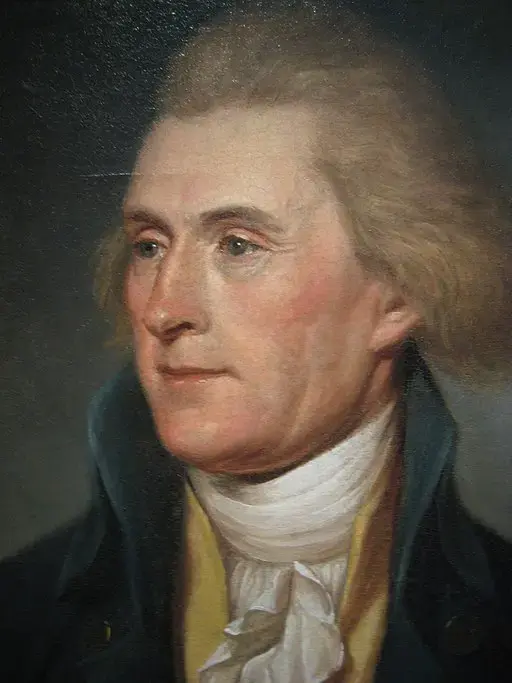
By 1814, when the British burned the nation’s Capitol and the Library of Congress, Jefferson possessed the largest personal collection of books in the United States, then sold his library of 6,487 volumes to Congress for $23,950 to replace its destroyed collection during the War of 1812.
John Adams collected 3000 books in his lifetime, one of the greatest collections of his day, now housed in the Boston Public Library.
And in founders’ book trivia, the New York Society Library still has records of the books that Alexander Hamilton borrowed (and Aaron Burr, too) along with some of the original books themselves.
Certainly, Franklin, Jefferson and Adams possessed privilege and means that set them apart. But we can celebrate and follow their example on the value of reading and books to defend in our own time the freedom to read enshrined in the US Constitution.
PEN America’s action page offers ways to get involved.
Suzanne Trimel is senior advisor for Communications and Media at PEN America; her mother was a public library director.


